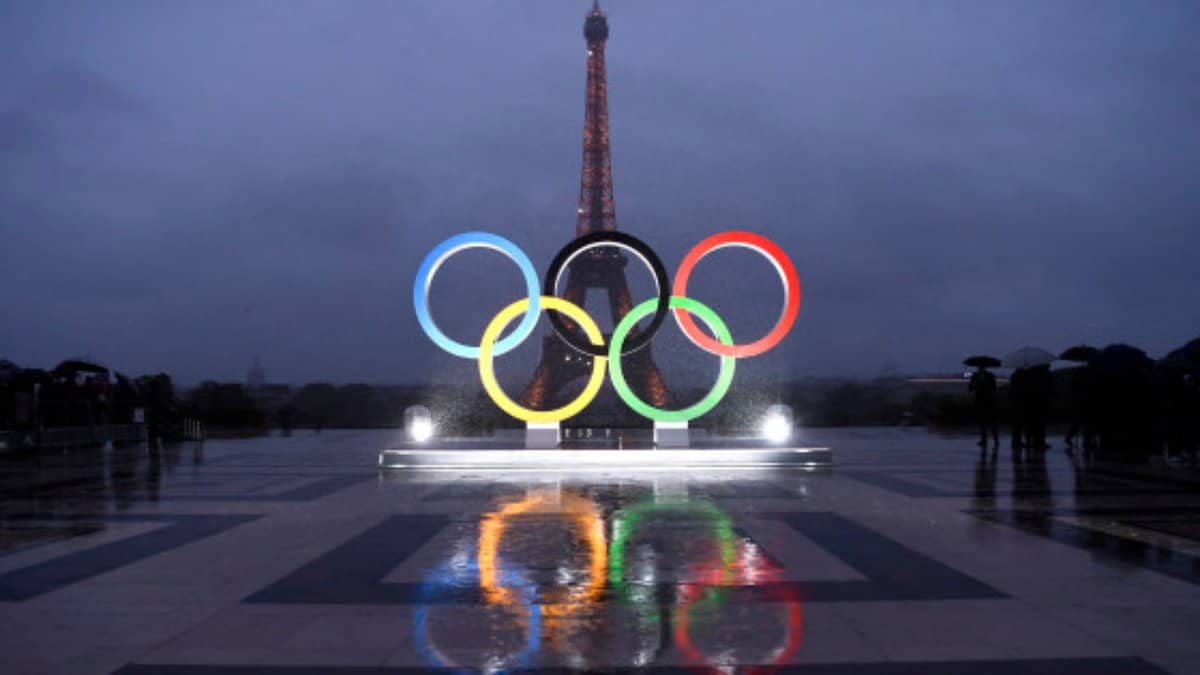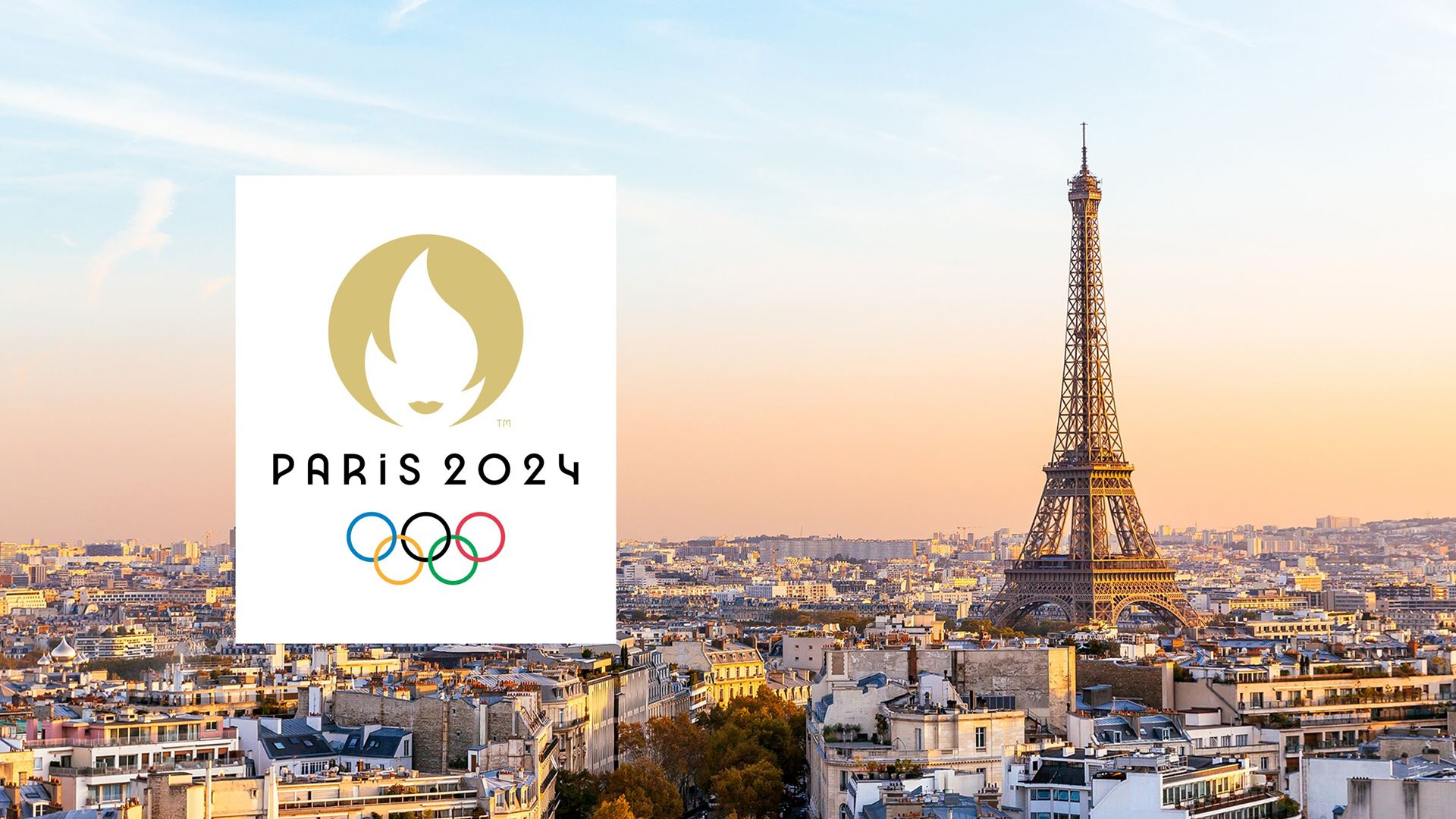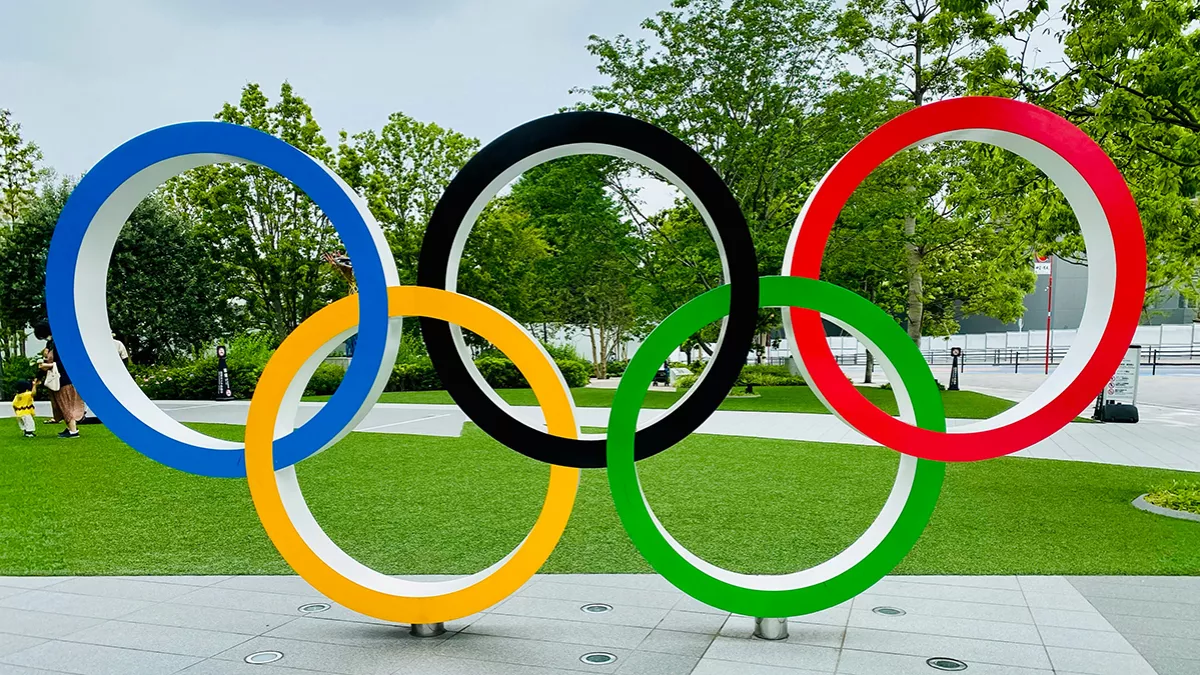Olympic Announcers Past - The Voices That Made History
The Olympic Games, you know, they bring together thousands of athletes from all over the globe, competing in so many different kinds of contests. It's a huge festival of athletic skill, really, with roots going way back to ancient Greece, then brought back to life in the late 1800s. These events, they are truly the biggest sports competition there is, offering up moments that people talk about for years and years, like the ones from the 2024 Games in Paris, where we saw so many incredible feats.
But how do we, the folks watching at home, get to feel like we are right there, seeing those amazing things happen? It's not just the pictures on our screens or the official news updates we get from places like the Olympic website, where you can catch breaking sports stories and watch video bits. It's also, actually, the people who talk us through it all, the announcers who share the story of each race, each jump, each victory. They help us understand what is going on, giving us a sense of the feeling in the stadium, even if we are far away.
Thinking back to those past Games, the ones that have come and gone, there were certain voices that truly became part of the whole experience. These individuals, they did more than just tell us who was winning or what the score was; they added a special layer to the memories, helping us relive the best Olympic moments, time and again. Their way of speaking, you know, it made the big wins feel even bigger and the tough losses feel more real, drawing us deeper into the heart of the competition.
- Do Steve Harvey Have A Twin
- Cesar Millan Marriage
- Danielle Fishel Ethnicity
- John Cena Home
- Does Ronaldo Still Play Soccer
Table of Contents
- The Voices That Shaped Our Olympic Memories
- Who Were Some of the Earliest Olympic Announcers Past?
- Jim McKay - A Steady Presence Through History
- What Made Jim McKay a Memorable Olympic Announcer Past?
- Personal Details - Jim McKay
- Al Michaels - The Sound of Iconic Moments
- How Did Al Michaels Influence Olympic Announcing Styles?
- Personal Details - Al Michaels
- Bob Costas - The Eloquent Storyteller
- Why Do We Remember Bob Costas Among Olympic Announcers Past?
- Personal Details - Bob Costas
- The Change in Olympic Announcers Past - From Radio to Digital
- What Impact Did These Olympic Announcers Past Have on Viewers?
- A Look Back at Their Lasting Impressions
The Voices That Shaped Our Olympic Memories
The Olympic Games, they are a collection of human stories, aren't they? Stories of immense effort, of reaching for something big, and of people coming together from all corners of the planet. While the athletes themselves are the ones doing the amazing things, it's often the people speaking into microphones who help bring those tales home to us. They give words to the pictures, providing a way for us to connect with the feeling of the competition, which is why we often go to places like the official Olympic website to access official videos and see results, trying to bring those feelings back. These announcers, in a way, they become part of the memory, too.
Who Were Some of the Earliest Olympic Announcers Past?
If you think back to when broadcasting sports was just starting out, the people telling us about the Olympics had a very different kind of job. They were, in some respects, painting pictures with sounds, especially when radio was the main way to get the news. There weren't always a lot of moving images for everyone to see, so the announcers had to be really good at describing every single detail, making sure you could almost feel the excitement of the crowd and the strain of the athletes. They had to be, you know, very descriptive with their words.
These early announcers, they were pioneers in a sense. They laid down the way for how we would come to experience big sports events. They had to figure out how to keep people interested for long stretches of time, giving a play-by-play that felt immediate and true. They were, basically, the eyes and ears for millions of people, helping them understand what was happening during those summer and winter sports competitions, where thousands of athletes from around the world participate.
- Elon Musks Birthday
- Cast Cruel Intentions 2
- A Date With Death Nsfw
- Beverley Mitchell Net Worth
- Young Jeri Ryan
Jim McKay - A Steady Presence Through History
When you talk about people who helped define how we watched the Olympics for many years, Jim McKay's name often comes up. He was, really, a calming voice, someone who could guide viewers through both the happy times and the very hard ones. He had a way of speaking that felt trustworthy, like a good friend telling you what was happening, even when things got tough. His presence on screen, it just felt right for the scale of the Olympic Games.
What Made Jim McKay a Memorable Olympic Announcer Past?
What set Jim McKay apart, you might ask, as one of the truly remembered Olympic announcers past? Well, it was a few things, actually. He had this quiet strength in his voice, a way of staying calm even when chaos was unfolding. He was able to talk about so many different kinds of sports, from track events to swimming, always making it clear what was at stake for the athletes. His ability to cover the breadth of the Games, where athletes from around the world compete in a variety of competitions, was quite something.
Perhaps his most remembered work came during moments of great sadness, like the 1972 Munich Games. He handled those incredibly difficult times with a sense of dignity and respect, showing a kind of human feeling that went beyond just sports commentary. He helped people watching at home make sense of something awful, which is something very few people can do. He, in a way, showed us how a voice could bring comfort during a shared time of trouble.
Personal Details - Jim McKay
| Born | September 24, 1921 |
| Died | June 7, 2008 |
| Notable Career Highlights | Long-time host of ABC's Wide World of Sports; covered 12 Olympic Games |
| Famous For | His calm, steady presence, especially during the 1972 Munich Olympics |
| Awards | Multiple Emmy Awards |
Al Michaels - The Sound of Iconic Moments
Another voice that many people connect with big Olympic moments is Al Michaels. He has a way of calling a play that makes your heart beat a little faster, like you are right there in the stands. His words, they seem to capture the sheer excitement of a victory or the intense feeling of a close competition. He has, basically, a knack for making history feel even more alive as it happens, which is why people still relive the best Olympic moments he described.
How Did Al Michaels Influence Olympic Announcing Styles?
So, how did Al Michaels, as one of the well-known Olympic announcers past, leave his mark on how these events are presented? He brought a kind of raw energy to his calls, a feeling of being completely caught up in the action. His words during the "Miracle on Ice" hockey game in 1980, for example, are still spoken about today. He didn't just describe what happened; he helped create a feeling of disbelief and joy that spread to everyone watching. His way of speaking, you know, it made those moments feel truly special, almost unbelievable.
He had a way of building up the tension, then letting it all out with a few well-chosen words that seemed to sum up everything. This style, it helped viewers feel the ups and downs of the competitions, whether it was a small individual event or a big team sport. He could make you feel the pressure on the athletes, who give their all in a variety of competitions, which is part of what makes the Olympic Games so captivating.
Personal Details - Al Michaels
| Born | November 10, 1944 |
| Notable Career Highlights | Long-time play-by-play announcer for various sports, including Olympic hockey |
| Famous For | His call of the "Miracle on Ice" at the 1980 Winter Olympics |
| Awards | Numerous sports broadcasting awards |
Bob Costas - The Eloquent Storyteller
Then there is Bob Costas, a person who many think of as a master storyteller when it comes to the Olympics. He has a very thoughtful way of speaking, often putting the athletic feats into a bigger picture of human effort and spirit. His approach is, in a way, more about reflection and context, giving the viewer a deeper appreciation for what they are seeing. He helps us connect with the deeper meaning of these Games, which are open to both amateur and professional athletes, bringing them together from all parts of the globe.
Why Do We Remember Bob Costas Among Olympic Announcers Past?
Why does Bob Costas stand out among the many Olympic announcers past? His strength lies in his ability to make the stories of the athletes and the events feel very personal and important. He often brings a kind of intellectual curiosity to his commentary, asking questions and providing insights that go beyond just the surface of the competition. He helps us understand the personal journeys of the athletes, which is a big part of why we watch the Olympics, seeking out official videos and athlete bios.
He has a gift for setting the scene, using words to paint a picture of the host city, the history of the sport, or the background of the competitors. This kind of storytelling, it helps to make the Olympic Games feel like a grand, unfolding drama, rather than just a series of events. He connects the present competition with the long history of the Games, which started in ancient Greece and were brought back to life in the late 19th century.
Personal Details - Bob Costas
| Born | March 22, 1952 |
| Notable Career Highlights | Long-time host for NBC's Olympic coverage; covered 11 Olympic Games |
| Famous For | His thoughtful, eloquent, and in-depth commentary |
| Awards | Multiple Emmy Awards for sports broadcasting |
The Change in Olympic Announcers Past - From Radio to Digital
Over the years, the way we watch and listen to the Olympics has changed a lot, and so has the job of the announcers. From the early days of just radio broadcasts, where voices had to do all the heavy lifting, we moved to television, which added pictures to the sound. Now, with the internet and digital platforms, like the official website of the Olympics where you can watch video highlights and original sports series, the way people experience the Games is different yet again. Announcers now have to consider how their words fit with all the visual information available, from live streams to official galleries.
The rise of digital means people can access Olympic news, schedules, and events at their fingertips, and this changes how announcers prepare and deliver their commentary. They are, you know, still telling the story, but now they are doing it in a world where viewers can easily look up athlete bios or relive moments that went down in history from Paris 2024. This means their role has shifted a bit, from being the sole source of information to being a guide who helps make sense of a vast amount of data and feeling.
What Impact Did These Olympic Announcers Past Have on Viewers?
So, what kind of lasting effect did these Olympic announcers past have on the people watching? They did more than just report; they helped create a shared experience for millions. Their voices became the background music to some of the most memorable moments in sports history. They helped us feel the triumph, the heartbreak, and the sheer human effort involved in these competitions, where gender parity was achieved in Paris 2024, showing how the Games continue to evolve.
Their way of speaking, their tone, and their chosen words shaped how we understood what we were seeing. They made us care about the athletes and their stories, turning simple competitions into something much bigger. When you think about reliving the best Olympic moments, it's often not just the pictures you remember, but also the words that went with them, the ones that gave feeling to the feats of the finest athletes.
A Look Back at Their Lasting Impressions
The people who spoke to us during past Olympic Games, they left a real mark. They were the ones who helped us connect with the spirit of the competition, making sure we felt like we were part of it, even from our own homes. Their voices are, in a way, tied to our own memories of those incredible athletic festivals. They helped us celebrate the achievements of athletes from around the world, making each medal won and each record broken feel personal.
They are a big reason why we can still, to this day, relive the moments that went down in history. Their words helped shape our understanding of what the Olympics mean, going beyond just the scores and the medal table. They showed us the human side of the Games, the dedication, the joy, and the effort involved in every sport, from the women's 100m final to every other discipline you can discover on the official Olympic website.
- Ariana Grande Black Hair
- Pottery Barn Doormat
- Kobe Wife Pregnant 2025
- Who Is Michael Strahan Dating
- Jeff Gbbo

Qatar in talks to host 2036 Olympic Games

Olympic Results 2025 Australia 2025 - Bella A Menzies

Qatar joins race to host Olympic and Paralympic Games